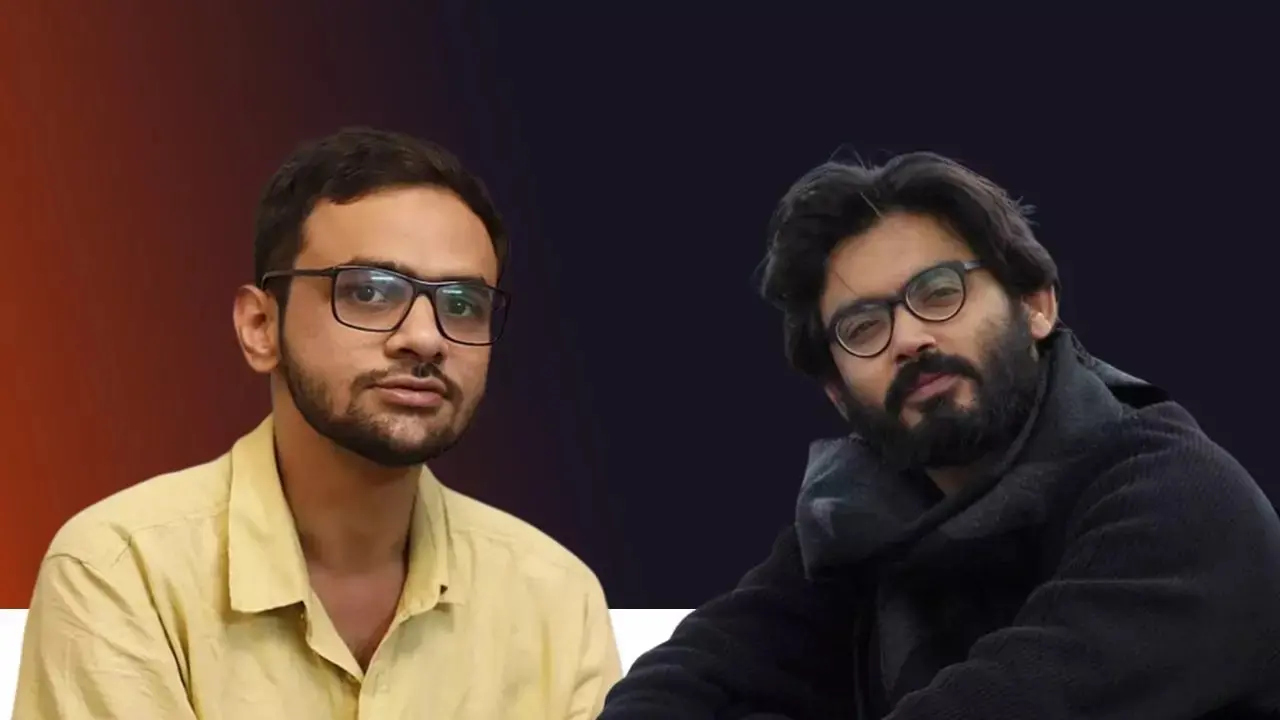
Delhi High Court denies bail to Umar Khalid and others in 2020 riots case (photo-X)
Bail Denied Again in High-Profile Riots Case
Delhi High Court Rejects Bail for Umar Khalid – On September 2, 2025, the Delhi High Court denied bail to nine activists, including Umar Khalid and Sharjeel Imam, in connection with the 2020 northeast Delhi riots case. The court’s decision came after months of hearings and years of legal delays. The accused have been in custody for nearly five years without a trial.
The case falls under the Unlawful Activities (Prevention) Act (UAPA), a law meant to deal with serious threats to national security. The prosecution claims the riots were not spontaneous but part of a planned conspiracy to defame India globally. The violence, which erupted during protests against the Citizenship Amendment Act (CAA), left 53 people dead and over 700 injured.
The court stated that the evidence presented by the prosecution was serious enough to deny bail. The bench, led by Justices Navin Chawla and Shalinder Kaur, emphasized that long incarceration alone is not a valid reason for granting bail under UAPA provisions.
What the Accused and Their Lawyers Argued
The defense lawyers argued that their clients were being punished without trial. Umar Khalid’s counsel said there was no direct evidence linking him to the violence. He pointed out that Khalid was part of WhatsApp groups but never sent any messages calling for unrest. There was no recovery of weapons or money from him, and the alleged “secret meeting” was not secret at all.
Sharjeel Imam’s lawyer argued that his role ended in January 2020, a month before the riots. He claimed Imam was not present at the scene and had no connection with the co-accused. His speeches, though controversial, did not incite violence, according to the defense.
Other accused, including Khalid Saifi, Gulfisha Fatima, Meeran Haider, and Shifa-Ur-Rehman, also challenged the trial court’s earlier decisions denying bail. They cited parity with co-accused who had already been granted bail and questioned whether mere participation in protests could be treated as criminal conspiracy.
Five Years in Jail Without Trial: A Growing Concern
One of the biggest concerns in this case is the prolonged detention without trial. Most of the accused have been in jail since early 2020. Umar Khalid, for example, has faced six unsuccessful bail attempts, three in sessions court, two in the High Court, and one withdrawn from the Supreme Court.
Legal experts and human rights groups have criticized the delays. They argue that under Indian law, a person is innocent until proven guilty, and keeping someone in jail for years without trial violates basic rights. The use of UAPA, which makes bail extremely difficult, has also come under scrutiny.
The court, however, sided with the prosecution, which claimed that the accused were part of a “clinical and pathological conspiracy” to create unrest. Solicitor General Tushar Mehta stated, “If you do anything against your nation, you better be in jail till you are acquitted”.
What Happens Next?
With bail denied again, the accused will remain in custody as the trial continues to move slowly. The case has become a symbol of the tension between national security laws and individual rights. It raises important questions:
- How long can someone be jailed without trial?
- Is dissent being criminalized?
- Can courts balance security concerns with justice?
The Delhi High Court’s decision has sparked debate across legal and political circles. Supporters of the accused say the case is politically motivated, while others believe the charges are serious and must be dealt with firmly.
As India continues to grapple with questions of free speech, protest rights, and judicial efficiency, this case will remain in the spotlight. Whether justice is being served or delayed, will depend on how quickly the trial proceeds and how fairly the evidence is evaluated.
Also read – Shots at Serenity: Utah’s Krishna ISKCON Temple Rattled by Gunfire in Suspected Hate Crime
Stay informed with the latest news and updates – only on Rapido Updates.